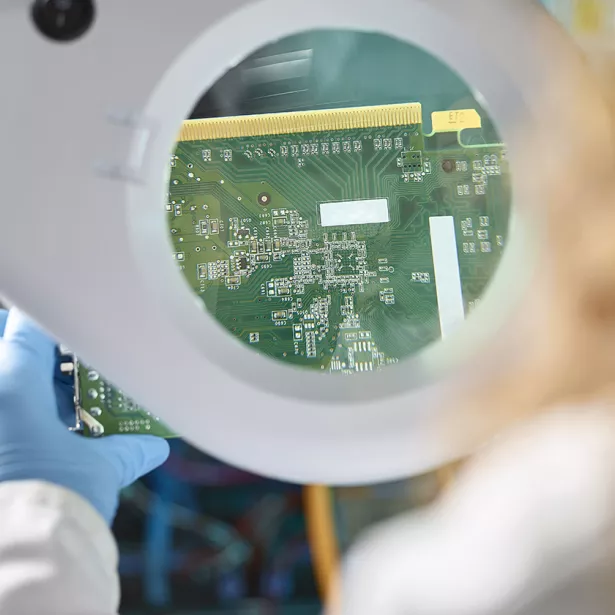June 4, 2024

The European Union is finalizing the new Product Liability Directive (PLD), which is expected to have significant impacts on the product safety and regulatory compliance landscape for the consumer electronics industry.
In an article published in Sedgwick Brand Protection — Recall Index 2024 Edition 1, Exponent's James Frake, Ph.D., and Ashish Arora, P.E., explore the scope of the proposed changes and their implications for product risk assessments, regulatory compliance, and accident investigations.
"The new EU Product Liability Directive is likely to have a significant impact on economic operators," according to Dr. Frake and Mr. Arora. "These changes place far greater requirements on product manufacturers, importers, distributors, and service providers to ensure that potential liability considerations are addressed."
One key component of the PLD, pending its approval, is its identification of "defective" products as products that do not "provide the safety that a person is entitled to expect or that is required under Union or national law." In their discussion comparing the new regulation to the existing liability directive, Dr. Frake and Mr. Arora note that, to date, it has "proved challenging for claimants to demonstrate that a product was 'defective' due to the technical or scientific complexity of a product, among other reasons" — which could become, in some circumstances, more common under the new directive.
With this key change, accompanied by the designation of "reasonably foreseeable use" in investigations of product-related damage or injury liability — as well as newly defined tests for determining product "defectiveness," new requirements for disclosure and discovery, and other additions — the directive represents a paradigm shift for burden-of-proof requirements and processes related to damage and injury claims for consumer electronics.
The article also emphasizes PLD implications for electronics manufacturers incorporating lithium-ion batteries. The authors highlight important complexities associated with battery safety assessments and investigations, including the role of battery management software or firmware, which may, under the new directive, be factors in liability claims to determine whether products are, in fact, deemed "defective."

"European Consumer Electronics Liability and Battery Product Updates"
Read the full article here.
From the publication: "The scope of the types of economic operators that can be held liable, the kinds of damages that can be recovered, and the types of claims that can be made have all been expanded. In certain cases, the burden of proof has been reversed compared to the previous law."



